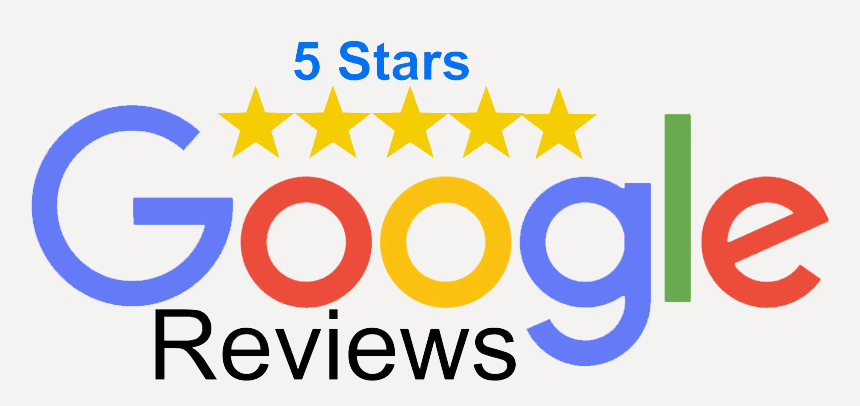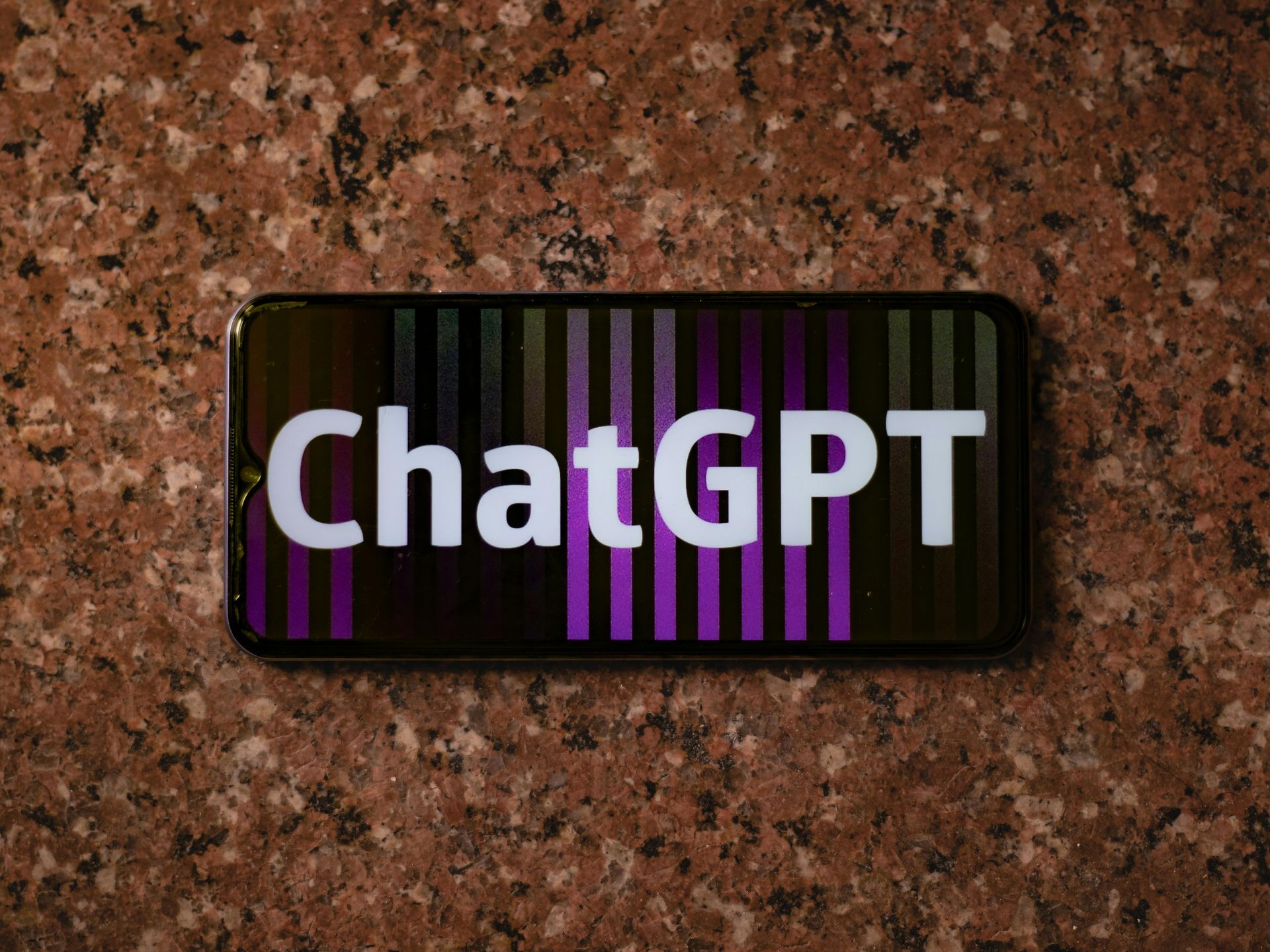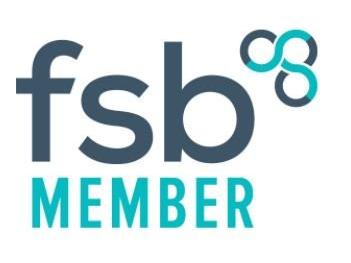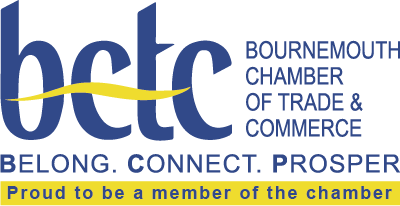The Role of Social Media in Building Brand Loyalty
Building Loyalty Through Consistent Social Media Engagement.

As more of our interactions move online, the role of social media in building and maintaining brand loyalty has become increasingly important. For businesses looking to develop a loyal customer base, social media offers a platform to engage, communicate, and build lasting connections with customers. In this blog, we explore how social media can be used to foster brand loyalty, helping to turn casual followers into devoted customers.
Why Brand Loyalty Matters
Brand loyalty is about more than just encouraging repeat purchases. It is about creating a relationship that lasts. Loyal customers are more likely to choose your brand over others, even when they have plenty of options. They are also more likely to recommend your business to others, leading to valuable word-of-mouth growth.
In a competitive market where consumers have endless choices, building and maintaining brand loyalty is essential for long-term success. This is where social media plays an important role.
How Social Media Supports Brand Loyalty

Social media has changed the way businesses interact with their customers. Unlike traditional marketing, social media allows for real-time conversations, helping to create a sense of community. Here are some key ways social media can help build brand loyalty:
1. Consistent Engagement:
Keeping in regular contact with your audience on social media helps keep your brand in their minds. Whether it is through regular posts, responding to comments, or hosting live events, consistent engagement shows that your brand is active, responsive, and values its customers.
2. Personalised Interaction:
Social media offers a chance to interact with customers on a more personal level. By responding to comments, acknowledging feedback, and addressing concerns promptly, you can build trust and show that you care about your customers as individuals. This kind of personal interaction is crucial in building a loyal customer base.
3. Sharing Your Brand Story:
One effective way to build brand loyalty is by sharing your brand’s story. Social media allows you to tell this story in various ways—through posts, images, or videos. Whether it’s showing behind-the-scenes content, highlighting your team’s efforts, or sharing your brand’s journey, these stories help create an emotional connection with your audience.
4. Creating a Community:
Social media is more than just a place to post updates—it’s a space where communities can form. By building a community around your brand, you help customers feel like they are part of something bigger. Encourage interactions between followers, create discussion spaces, and engage with content that your users generate. When customers feel a sense of belonging, they are more likely to remain loyal to your brand.
5. Providing Value Beyond Products:
Promoting your products is important, but offering something more can enhance brand loyalty. Use social media to share tips, advice, and resources that are relevant to your audience. Whether it’s a how-to guide, an informative article, or a helpful video, providing value keeps your audience engaged and positions your brand as a trusted resource.
6. Building Trust Through Transparency:
Transparency is essential for building trust and, by extension, loyalty. Use social media to be open and honest with your audience. Share updates about your business, whether they are positive or not, and be clear about your values and processes. When customers see that your brand is trustworthy and genuine, they are more likely to stick with you.
7. Rewarding Loyalty:
Social media is also a good platform for recognising and rewarding loyal customers. Whether it is through exclusive offers, shoutouts, or a loyalty programme, showing appreciation for your customers’ loyalty can strengthen their connection to your brand. Consider running social media contests, offering special discounts to followers, or creating a VIP group for your most dedicated customers.
Practical Tips for Building Brand Loyalty on Social Media
While the benefits of social media for building brand loyalty are clear, it is important to approach your strategy with care. Here are a few tips to consider:
- Be Authentic: Authenticity is key to building trust. Focus on being genuine and relatable in your interactions, rather than overly promotional.
- Know Your Audience: Understanding your audience’s needs and preferences will help you tailor your content and engagement strategies more effectively.
- Maintain Consistency: Regular posting and engagement are crucial for staying relevant. Develop a content calendar to ensure you are consistently interacting with your audience.
- Monitor and Adjust: Keep an eye on your social media performance to see what is working. Be open to adjusting your strategy based on feedback and insights.
- Utilise User-Generated Content: Invite your customers to share their experiences with your brand. User-generated content not only helps build a community but also serves as social proof, further boosting loyalty.
Strengthen Your Brand with Overt Digital Media

Building brand loyalty through social media is an ongoing process that requires thoughtfulness and consistency. By engaging with your audience, providing value, and fostering a sense of community, you can turn casual followers into loyal customers who advocate for your brand.
If you are looking for support in developing a social media strategy that fosters brand loyalty, Overt Digital Media can help. Our team of experts can guide you in creating a social media presence that resonates with your audience and strengthens your brand.
Ready to take your social media strategy further? Visit our website at www.overtdigitalmedia.com to learn more about how we can help your business build lasting customer loyalty.
Book a Free Website SEO Audit
Challenges for Marketers and Businesses
While good SEO agencies are used to adapting to changes in the Google search algorithm, the introduction of A.I. summaries is an unprecedented challenge. There will inevitably be an SEO 'arms race' for creating content that gets referenced within these summaries. This race will inevitably be won by companies with big budgets that can afford the time and cost of producing huge amounts of detailed content.
Introducing AI-generated content at the top of search results has made SEO more challenging. One of the most pressing concerns is the potential loss of organic traffic. As AI-generated summaries meet users' needs without needing to click further, websites may experience a decline in traffic, even if they continue to rank well on the results page.
This change demands a strategic pivot. Marketers need to consider how to make their content more engaging and essential, encouraging users to explore beyond the AI-generated answer. This might involve focusing on content that offers a deeper level of detail, personal insights, or unique perspectives that A.I. cannot easily replicate. Additionally, diversifying traffic sources by leveraging social media, email marketing, and other channels becomes more critical in a landscape where Google search might no longer be the primary driver of visits.
The Role of Paid Ads and the Strategic Implications
These AI-generated results are placed beneath paid ads on the search results page. This positioning increases the value of paid search advertisements. Since organic visibility is now more challenging, businesses might feel pressured to invest more in Google Ads to maintain their presence at the top of search results. Again, this will benefit larger companies that have bigger budgets at the expense of smaller businesses.
For many businesses, especially those with limited marketing budgets, this change could necessitate a re-evaluation of their marketing spend. Allocating more resources to paid search may become essential to compensate for the loss of organic traffic. However, this also means competing in a potentially more crowded and expensive ad marketplace.
However, relying solely on paid ads is not a sustainable solution for most businesses. The key will be finding a balance between paid and organic strategies, ensuring that even if AI-generated content dominates informational searches, there are still ways to reach potential customers.
Consider integrating paid ads with good content strategies focusing on authority, trustworthiness, and relevance to encourage users to click through to their sites.
Click here to learn more about Paid Ads and PPC
Optimising for the Future
Adapting to these changes requires a proactive approach. Companies should start by auditing their existing content to identify areas where they can add value beyond what an A.I. summary can provide. This might involve updating their existing content to include more detail or analysis. Case studies, infographics, and videos can provide significant information for website visitors.
Additionally, businesses should build a strong brand presence across multiple platforms within their local area. While Google search remains a powerful tool, diversifying traffic sources and building direct relationships with customers through social media, newsletters, email marketing, and other channels such as local chambers of commerce and sponsoring events can raise your company's profile locally and further afield.
Book a Free SEO Audit
Google Business Profile - your new best friend
Optimising their Google Business Profile should be a top priority for service-based companies that want to attract companies in their local area. Your Google Business Profile dictates where your business ranks on Google Maps. Being in the top three ranked companies on Google Maps secures you a position in the Map Pack, which is positioned just under the paid ads in Google search results pages.
To learn more about optimising your Google business profile, visit our website's Google Maps SEO page or read one of our recent blogs about this subject.
Conclusion
Google's shift toward AI-generated content in search results marks a new era for SEO and digital marketing. While this change presents challenges for those relying on long-tail keywords and organic traffic, it also offers new opportunities to improve rankings in Google. Businesses can capitalise on these opportunities by creating content used by Google's A.I. summaries.
Staying ahead in this new search environment will require a significant and sustained effort, not to mention time and effort. Still, as with all SEO efforts, those who adapt quickly will thrive despite the challenges.
About Overt Digital Media
Overt Digital Media is a leading website design and SEO agency based in Christchurch on the edge of The New Forest. We serve customers throughout the Hampshire Dorset and Wiltshire regions.
We specialise in website design and Local SEO, helping our clients attract more customers from their local area. Should you need help getting your business noticed online or getting to the top of Google, please contact the team at Overt Digital Media and request your free SEO audit and website review.














